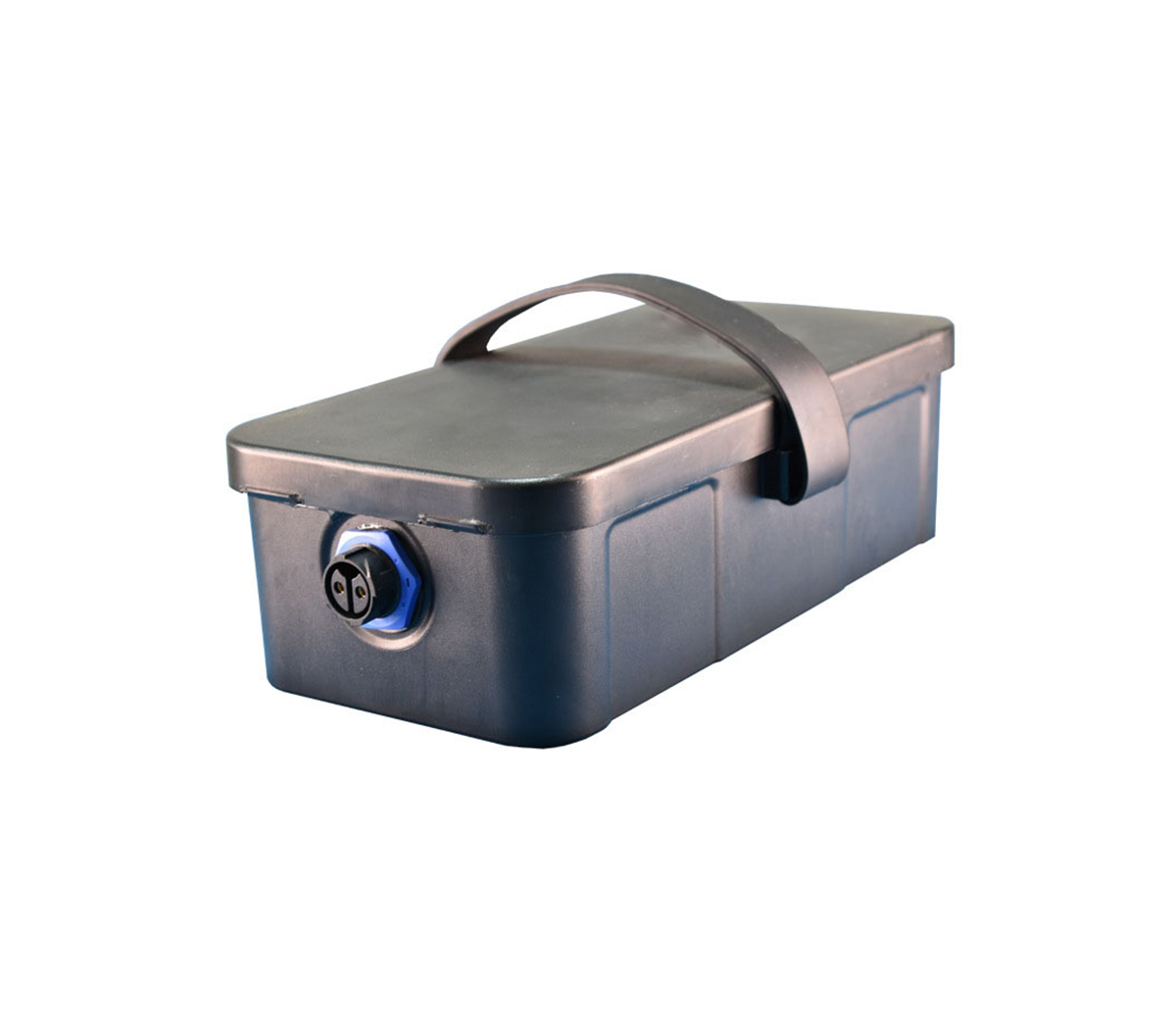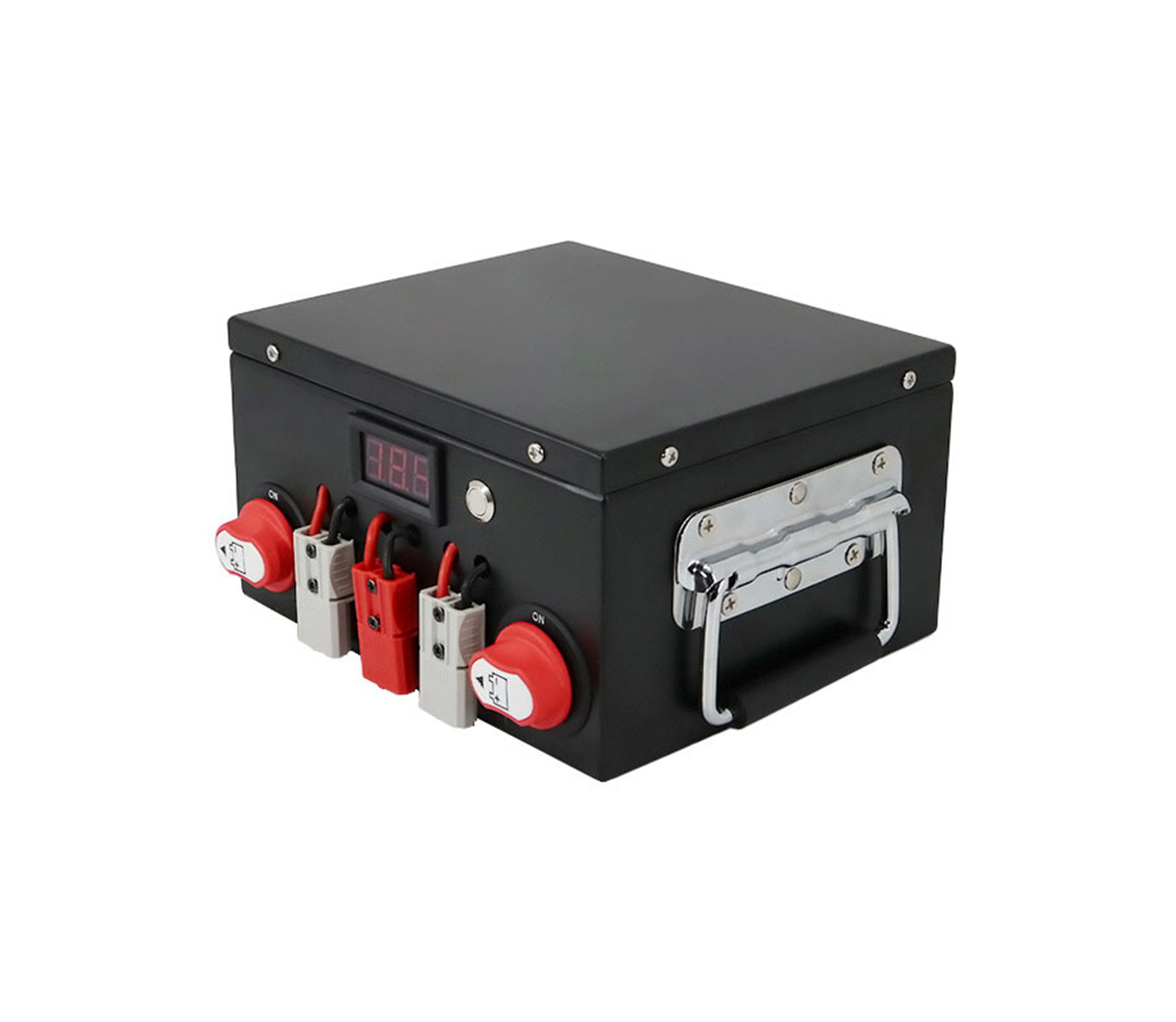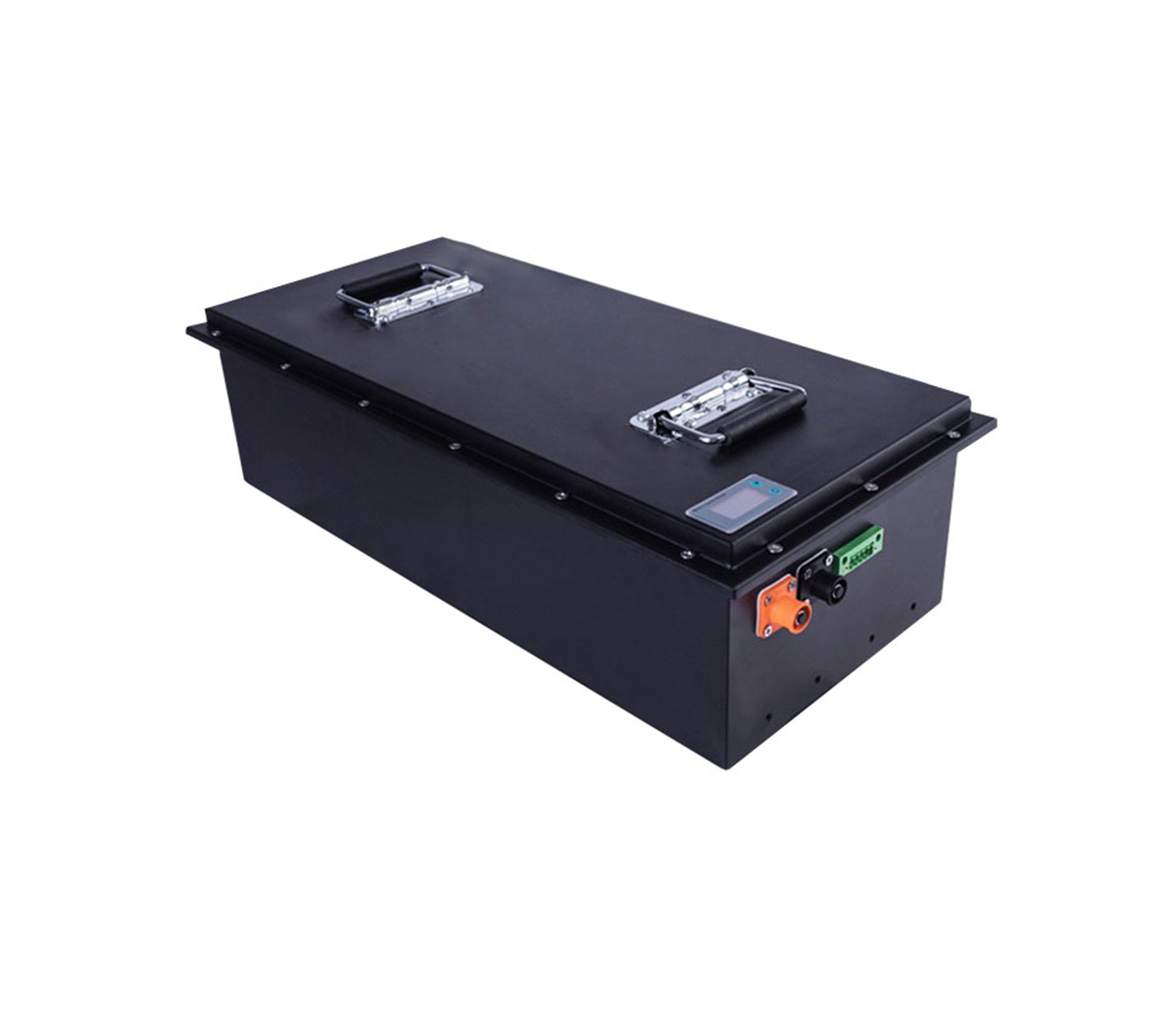Why will Belgium deploy more 4-hour battery energy storage projects?
Not long ago, the capacity market auction for large-scale battery energy
storage projects held in Belgium was a complete success, and this also marked
the country's energy storage market maturity.
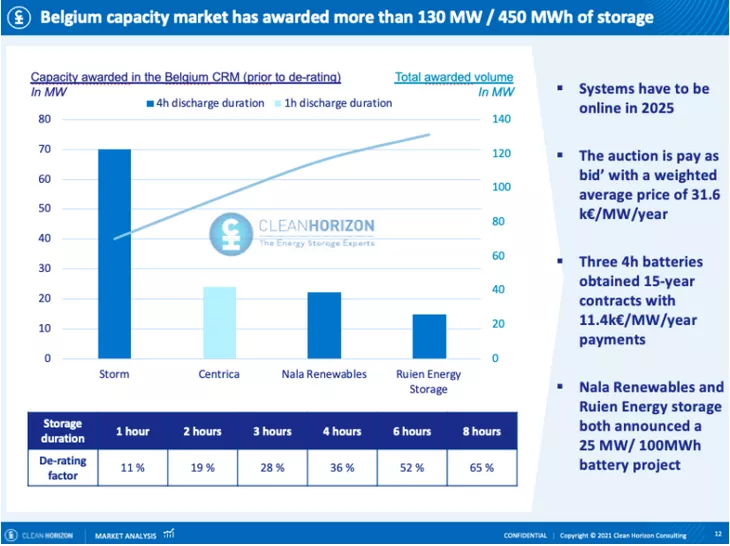
The Belgian transmission system operator ELIA held an auction for the newly
launched capacity return mechanism (CRM) in late October. Among the 40 long-term
contracts awarded for 4,447.7MW capacity, four battery energy storage projects
with a total capacity of 130MW/540MWh are included.
Corentin Baschet, head of analysis at Clean Horizon, an energy storage
consulting firm, said that the expansion of energy storage projects is a very
positive sign. It is worth noting that three of the four energy storage projects
are battery energy storage systems with a continuous discharge time of 4
hours.
Baschet said that the Belgian energy storage market is accelerating in
recent years. There are currently some factors that are conducive to the
deployment of energy storage, such as the country's lack of flexibility in the
power grid, and aging nuclear power plants that will be shut down in 2025.
At the same time, Baschet pointed out that the annual revenue per MW of the
battery energy storage system during the contract period is 11,400 euros (12,820
US dollars), which is only 7% of the revenue required to balance the assets.
This income may be low, but as a guaranteed source of income for 15 years, it is
possible to obtain some financing.
According to industry media reports, a winning project (the 25MW/100MW
Ruien project) of Japan’s Nippon Koei and Yuso had completed financial
settlement a few weeks ago. Before the auction, energy developer Trafigura
announced in January this year another bid of the same scale. The energy storage
project will provide a variety of different grid services.
This shows that although the CRM revenue stream will not stimulate
investment in battery energy storage systems, it can play an "icing on the cake"
role.
He said that another reason why the Belgian energy storage market is
becoming more and more attractive is that the revenue of battery energy storage
systems can be superimposed in different market opportunities. The most
important thing is that Belgium still has a capacity market and can earn some
income from energy trading. Just like in other markets such as the United
Kingdom, it will take some time for the “superimposing capacity” of the energy
storage system revenues operated by Belgium to appear, but it is clear that this
will inevitably occur.
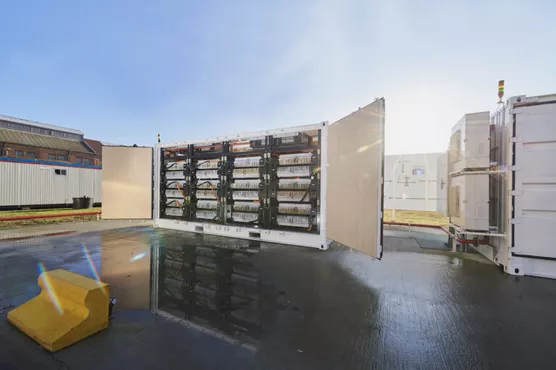
(The battery energy storage system deployed by Connected Energy in Belgium
is made of echelon batteries)
Broadly speaking, battery energy storage systems that last for 4 hours have
appeared in California and other places. For California energy suppliers,
battery energy storage systems are an increasingly important asset. In addition
to meeting resource adequacy requirements, it can also provide decarbonized
power to meet peak power demand. In Belgium, market dynamics with different
superimposed revenues are becoming an important factor, which has led battery
energy storage asset operators to develop increasingly aggressive
strategies.
When talking about these situations, Baschet said: "This is because the
battery energy storage system with a continuous discharge time of 2 hours is
relatively expensive, and the charge and discharge are more frequent. In fact,
the deployment of a four-hour battery energy storage project is quite large.
Most of the battery energy storage systems currently deployed in France and
Germany have a continuous discharge time of one hour, and some are two hours. So
this is an interesting sign."
Baschet said that battery prices are declining year by year. It is believed
that in the future, more and more countries will deploy more battery energy
storage systems with longer continuous discharge times.
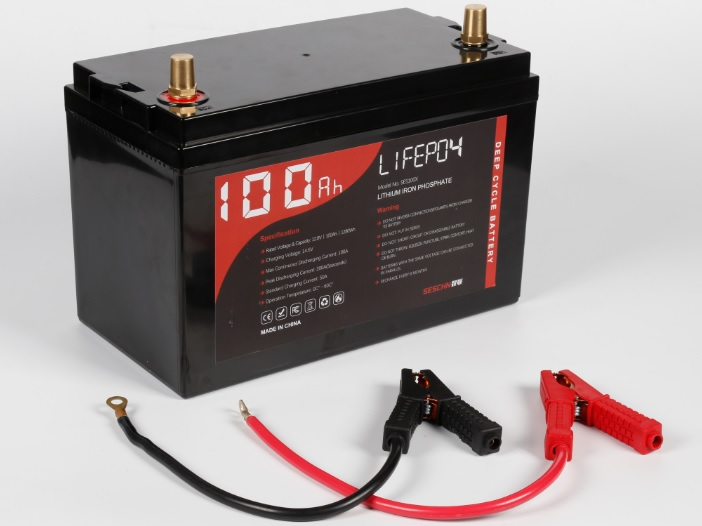
Lithium-ion battery (LIB) has become the main energy storage solution in
modern social life. Among them, lithium iron phosphate batteries are a perfect
replacement for lead-acid batteries, and they are the first choice for
grid-connected peak shaving, off-grid energy storage, photovoltaic energy
storage, UPS, data center and other industries.
Solar power generation system with lithium battery energy storage system is
a very promising clean energy.












